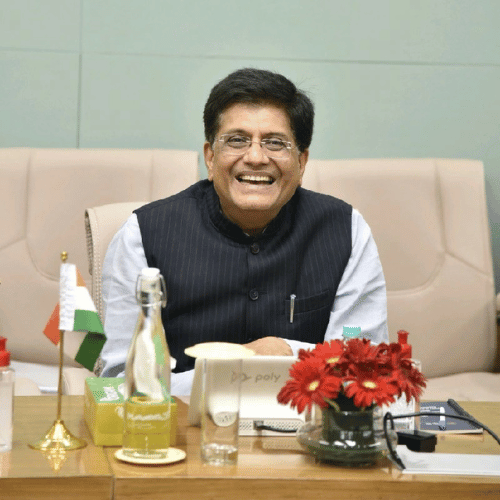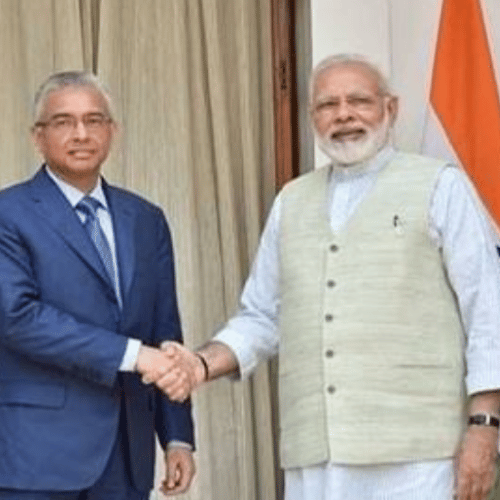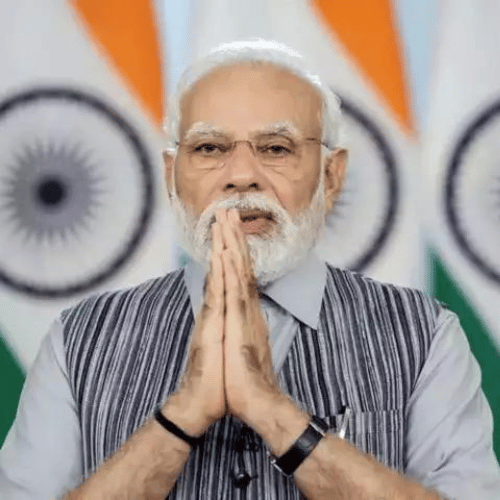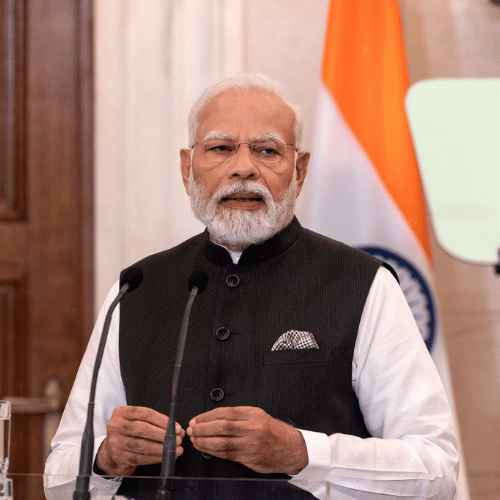The Delhi cabinet, headed by Chief Minister Arvind Kejriwal, agreed on Saturday to extend the current Delhi Electric Vehicle Policy until December 31, 2023, or until Policy 2.0 is notified, whichever comes first.
The Delhi EV Policy intends to meet the primary goal of improving Delhi’s air quality while also creating a full supply-chain ecosystem for this new vehicle sector.
The Delhi EV Policy is widely considered one of the most progressive policies in the world. Through the policy, we want to achieve Demand Generation as a method of ensuring broad acceptance and rapid dissemination.
The demand incentive accessible across multiple segments is likely to have a favorable influence on the vehicle’s total return on investment. The Delhi Electric Vehicle Policy includes features to help with operations.
All current policy incentives, including subsidies, will be maintained throughout the extended term.
Delhi Transport Minister Kailash Gahlot in a post on X, “Delhi Cabinet led by CM @arvindkejriwal has given its approval to extend the existing Delhi Electric Vehicle Policy till December 31, 2023, or till notification of Delhi EV policy 2.0 whichever is earlier. All incentives including subsidy under the existing policy shall continue. Delhi EV policy 2.0 is in the final stages and after necessary approvals shall be notified soon.”
Kailash Gahlot previously said that the two vehicle aggregator proposals that were released in May 2023 for public comment are nearing completion and would be delivered to the relevant authorities for clearance.
“This is to inform you that the two Aggregator schemes namely Delhi Motor Vehicle Aggregator and Delivery Service Provider Scheme 2023 and Delhi Motor Vehicles Licensing of Aggregator (Premium Buses) Scheme, 2023, which were published in May 2023 for public feedback are now in their final stage,” Gahlot said in a post on ‘X’.
The Delhi Motor Vehicle Aggregator and Delivery Service Provider Scheme intends to create criteria for ride-hailing and delivery service aggregators so that the city may convert totally to electric cars (EVs) by 2030.
It also intends to enact regulations for bike taxis and rent-a-bike businesses. Once the proposal is approved, aggregators must progressively transition their fleets to electric.
The primary goal of the Delhi EV Policy is to improve Delhi’s air quality while also building a complete supply-chain ecosystem for this new category of automobiles. To drastically improve Delhi’s air quality, the strategy aims to deploy 25% of all new automobiles as battery-powered vehicles by 2024.















